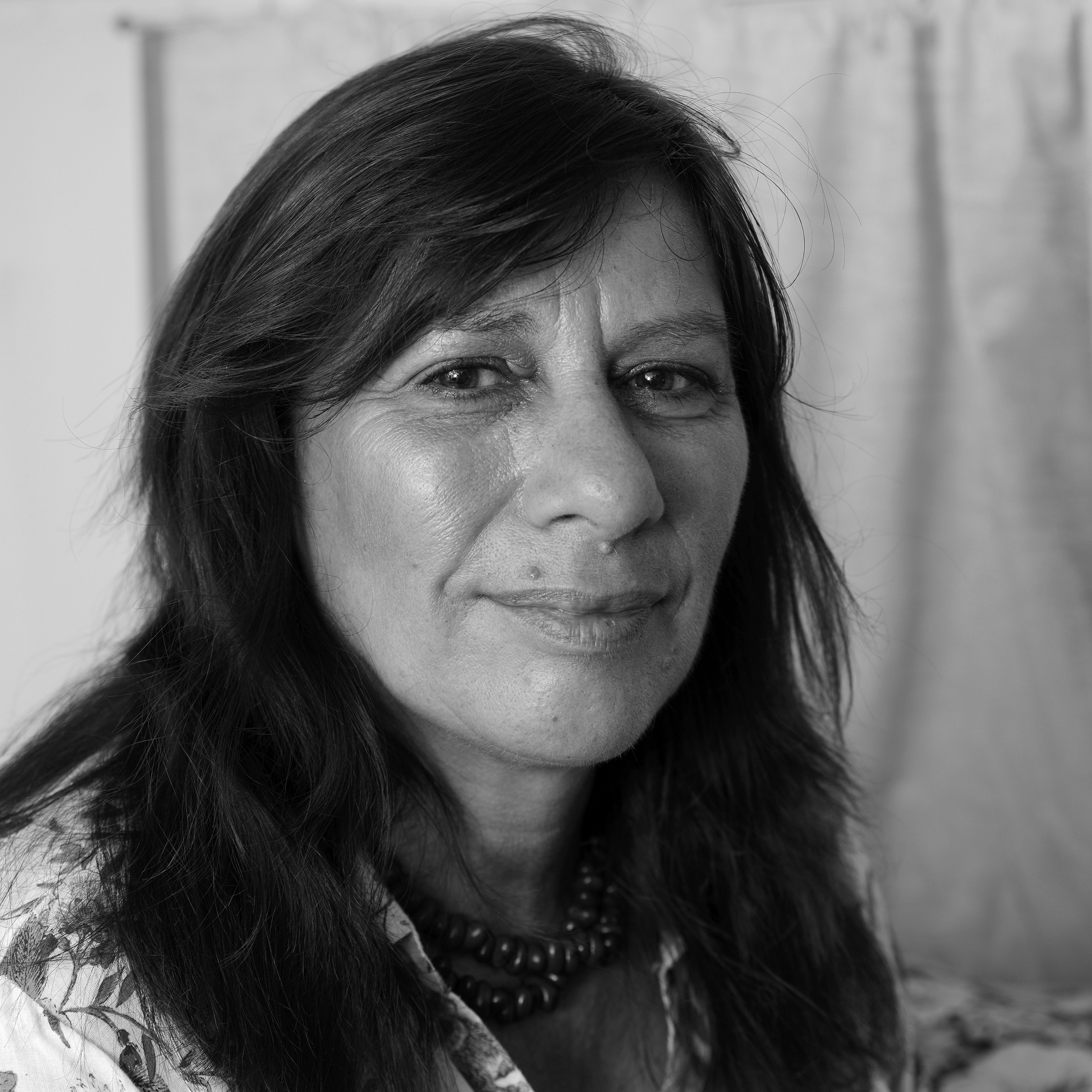

Ali Cobby Eckermann is a Yankunytjatjara woman born on Kaurna land in South Australia. Her first collection little bit long time was written in the desert about her journey to find her family and launched her literary career in 2009.

Ali Cobby Eckermann is a Yankunytjatjara woman born on Kaurna land in South Australia. Her first collection little bit long time was written in the desert about her journey to find her family and launched her literary career in 2009.
In 2012, Ali received a Deadly Award for outstanding contribution to Indigenous Literature.
In 2013 Ali toured Ireland as Australian Poetry Ambassador and won the Kenneth Slessor Prize for Poetry and Book of the Year award at the NSW Premier’s Literary Awards for Ruby Moonlight, a massacre verse novel.
In 2014 Ali was the inaugural recipient of the Tungkunungka Pintyanthi Fellowship at Adelaide Writers Week for her memoir Too Afraid To Cry, and was the first Aboriginal Australian writer to attend the International Writing Program at University of Iowa.
In 2017 Ali received the prestigious Windham Campbell Award for Poetry from Yale University, USA. She is the recipient of the 2018 Australia Council New Literary Fellowship.
Acknowledgement of Country
RMIT University acknowledges the people of the Woi wurrung and Boon wurrung language groups of the eastern Kulin Nation on whose unceded lands we conduct the business of the University. RMIT University respectfully acknowledges their Ancestors and Elders, past and present. RMIT also acknowledges the Traditional Custodians and their Ancestors of the lands and waters across Australia where we conduct our business - Artwork 'Sentient' by Hollie Johnson, Gunaikurnai and Monero Ngarigo.
Acknowledgement of Country
RMIT University acknowledges the people of the Woi wurrung and Boon wurrung language groups of the eastern Kulin Nation on whose unceded lands we conduct the business of the University. RMIT University respectfully acknowledges their Ancestors and Elders, past and present. RMIT also acknowledges the Traditional Custodians and their Ancestors of the lands and waters across Australia where we conduct our business.